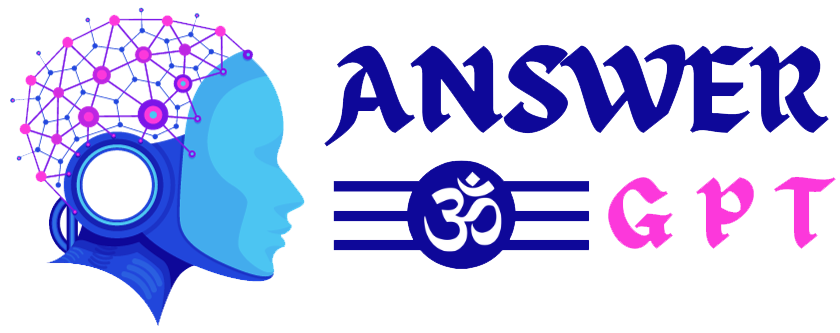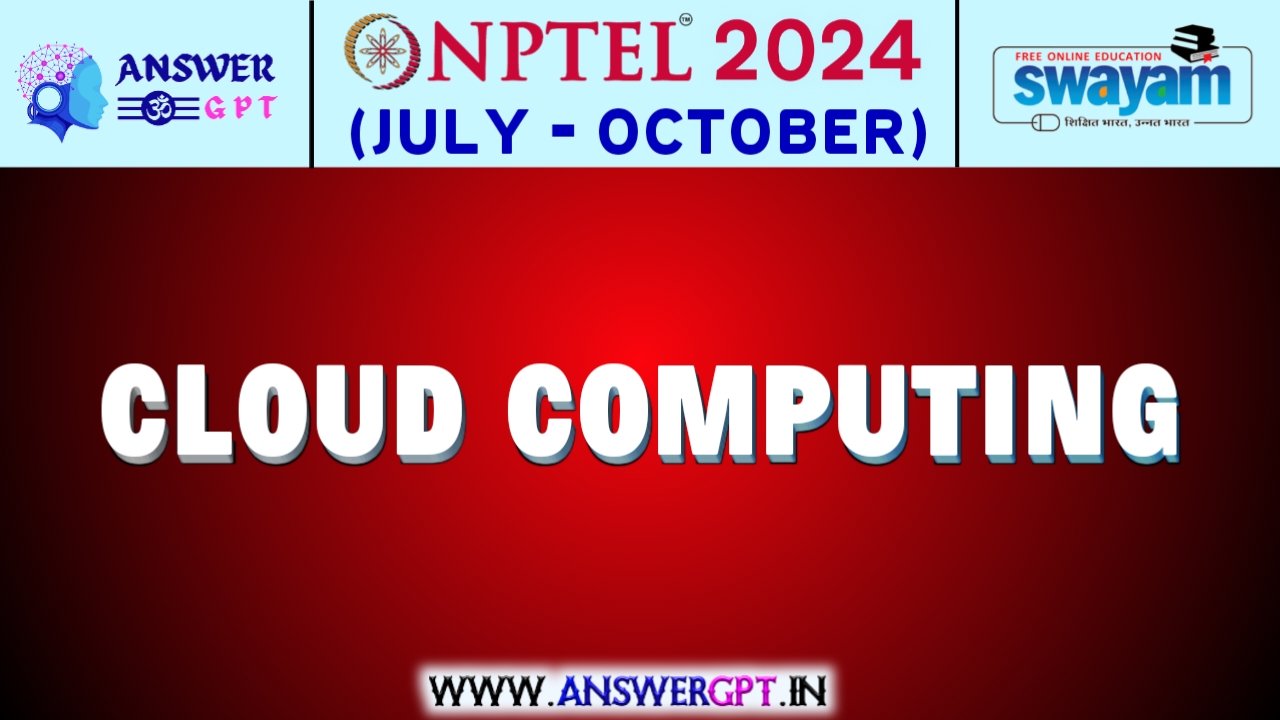Cloud Computing Week 4 NPTEL Assignment Answers 2025
Need help with this week’s assignment? Get detailed and trusted solutions for Cloud Computing Week 4 NPTEL Assignment Answers. Our expert-curated answers help you solve your assignments faster while deepening your conceptual clarity.
✅ Subject: Cyber Security and Privacy
📅 Week: 4
🎯 Session: NPTEL 2025 July-October
🔗 Course Link: Click Here
🔍 Reliability: Verified and expert-reviewed answers
📌 Trusted By: 5000+ Students
For complete and in-depth solutions to all weekly assignments, check out 👉 NPTEL Cloud Computing Week 4 NPTEL Assignment Answers
🚀 Stay ahead in your NPTEL journey with fresh, updated solutions every week!
NPTEL Cloud Computing Week 4 Assignment Answers 2025
1. In Azure SQL Database, which of the following provides built-in geo-replication and is designed for mission-critical workloads?
A. Basic Tier
B. Business Critical Tier
C. Hyperscale Tier
D. Standard Tier
Answer : See Answers
2. You have 2 VMs in different Azure Availability Zones in the same region. Which of the following is true about the setup?
A. They are not protected against data center failure
B. They share the same power source
C. They are in separate physical locations
D. They cannot communicate over a private IP
Answer :
3. What is the maximum number of deployment slots available in the Azure App Service Premium plan (P1v3 and higher)?
A. 2
B. 5
C. 20
D. 10
Answer :
4. Which built-in security feature helps automatically enforce HTTPS connections for all Azure App Service web apps?
A. Azure Firewall
B. Application Gateway
C. HTTPS Only setting
D. Azure Key Vault
Answer :
5. Which GCP service is best suited for hosting a NoSQL database with horizontal scalability and global replication?
A. Cloud SQL
B. BigQuery
C. Cloud Spanner
D. Firestore
Answer :
6. The OpenStack service responsible for block storage is called____________.
A. Horizon
B. Cinder
C. Neutron
D. Swift
Answer : See Answers
7. ____________is the GCP service that helps manage Kubernetes clusters.
A. Cloud Functions
B. App Engine
C. GKE
D. Cloud Build
Answer :
8. You are designing a multi-region data analytics pipeline on GCP. You want to ensure durable, low-latency storage for massive structured logs and provide real-time dashboarding and alerts. What is the best set of GCP services to use?
A. Cloud Storage + Dataflow + Looker
B. Bigtable + Pub/Sub + Cloud Monitoring
C. Firestore + Data Studio + Cloud Functions
D. BigQuery + Pub/Sub + Data Studio
Answer :
9. You deploy two versions (v1,v2) of your App Engine service. You want 70% of traffic to go to v1 and 30% to v2. Which command should you use?
A. gcloud app deploy –split-traffic=70:v1,30:v2
B. gcloud app services set-traffic -splits v1=0.7,v2=0.3
C. gcloud app versions set-traffic -service=default –splits=0.7:v1,0.3:v2
D. gcloud app set-traffic -splits=v1:70,v2:30
Answer :
10. A tenant in OpenStack complains that their VMs can’t reach the internet. What is the MOST LIKELY root cause?
A. Glance image is corrupted
B. Neutron router not configured
C. Nova scheduler is down
D. Heat orchestration failed
Answer : See Answers
NPTEL Cloud Computing Week 4 Assignment Answers 2024
1. Which of the following statement(s) is/are FALSE for Microsoft Azure Resource Group?
- (a) It is a logical container
- (b) It manages Azure resources
- (c) It deploys web apps, databases, and storage accounts
- (d) It is a physical container
✅ Answer :- d
✏️ Explanation: Azure Resource Groups are logical containers, not physical. They logically group related resources like databases, VMs, etc., for easier management.
2. Statement 1: Azure supports public cloud platforms.
Statement 2: Azure App Service plan defines security.**
- (a) Statement 1 is TRUE, Statement 2 is FALSE
- (b) Statement 2 is TRUE, Statement 1 is FALSE
- (c) Both statements are TRUE
- (d) Both statements are FALSE
✅ Answer :- a
✏️ Explanation: Azure does support public cloud. However, the App Service plan defines scaling and pricing, not security.
3. Google Cloud Datastore provides flexible object storage with global edge caching.
- (a) TRUE
- (b) FALSE
✅ Answer :- a
✏️ Explanation: Cloud Datastore offers NoSQL object storage and can be scaled globally, often benefitting from Google’s caching infrastructure.
4. Google APIs help to:
- (a) Scale up the app according to the demand/service requests
- (b) Integrate Google’s services into the application
- (c) Migrate the web app to Google Cloud Platform
- (d) None of the above
✅ Answer :- b
✏️ Explanation: Google APIs allow integration of services like Maps, Gmail, Drive, etc., into your application.
5. Which of the following is/are storage service(s) provided by Google Cloud Platform (GCP)?
- (a) Cloud SQL
- (b) BigQuery
- (c) Cloud Datastore
- (d) Cloud Endpoints
✅ Answer :- a, c
✏️ Explanation:
- Cloud SQL: Relational database service (storage).
- Cloud Datastore: NoSQL storage service.
- BigQuery is an analytics engine (not storage).
- Cloud Endpoints is an API gateway, not a storage service.
7. In OpenStack, when a VM is terminated, which of the following memory resources are freed?
- (a) Ephemeral storage
- (b) Block Storage
- (c) Persistent Storage
- (d) RAM
✅ Answer :- a, d
✏️ Explanation:
- Ephemeral storage is deleted with VM termination.
- RAM is released.
- Block and persistent storage are retained unless explicitly deleted.
8. Statement 1: When deploying the Azure app remotely, the login password of the Azure account needs to be entered when the system asks for password.
Statement 2: In Microsoft Azure, a deployment user is required for FTP and local Git deployment to a web app.**
- (a) Statement 1 is True and Statement 2 is False
- (b) Statement 1 is False and Statement 2 is True
- (c) Both are True
- (d) Both are False
✅ Answer :- b
✏️ Explanation: For deployment, you use a deployment user, not your Azure account password. So, Statement 1 is false and Statement 2 is true.
9. The Azure App Plan has a scale count of ______________ instances.
- (a) 1 to 10
- (b) 1 to 100
- (c) 1 to 50
- (d) 1 to 20
✅ Answer :- d
✏️ Explanation: Azure App Service plan allows auto-scaling between 1 to 20 instances, depending on pricing tier.
10. While developing a web-app using Google App Engine, the development server should not be kept running when changes are made to the source file.
- (a) TRUE
- (b) FALSE
✅ Answer :- b
✏️ Explanation: Google App Engine supports auto-reloading or manual restarts, so you can often keep the dev server running while editing.




![[Week 1-12] NPTEL Cloud Computing Assignment Answers 2025](https://answergpt.in/wp-content/uploads/2025/01/Cloud-Computing-2025.jpg)

![[Week 1-12] NPTEL Cloud Computing Assignment Answers 2024](https://answergpt.in/wp-content/uploads/2024/01/NPTEL-Cloud-Computing-Assignment-Answers-2024.jpeg)
![PYQ [Week 1-12] NPTEL Cloud Computing Assignment Answers 2023](https://answergpt.in/wp-content/uploads/2024/01/NPTEL-Cloud-Computing-Assignment-Answers-2023.png)


